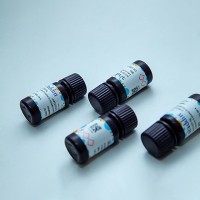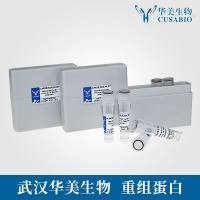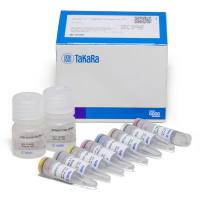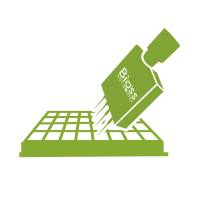Screening Strategies for Catalytic Antitransition-State Analog Antibodies
互联网
672
Monoclonal antibodies (MAb) with prespecified enzyme-like catalytic activity are obtained from the immune response against transition-state analogs (TSA). The premise for generating antibody catalysts, as put forth by Jencks (1 ), was validated through early examples of specific hydrolytic catalysts for ester and carbonate substrates (2 , 3 ). The initial success with TSA of acyl transfer processes as haptens led to derivation of antibodies as catalysts for a variety of reactions (4 ). This approach has been expanded to include haptenic molecules not directly related in structure to a deduced feature of the reaction’s transition state, but that could deploy groups in the antibody that participate in a catalytic mechanism not otherwise available for the reaction in ordinary immunological recognition (5 ). The unifying concept in these approaches is the insight to the reaction mechanism that allows the construction of a suitable mimic of the transition-state or other high-energy structures. Individual approaches explore the scope of the antibody’s enzymatic qualities and the validity of the design strategy for generating the catalyst. The success of these endeavors typically requires several screening steps for the identification of a catalyst among a set of MAb obtainable from hybridoma cloning experiments.









